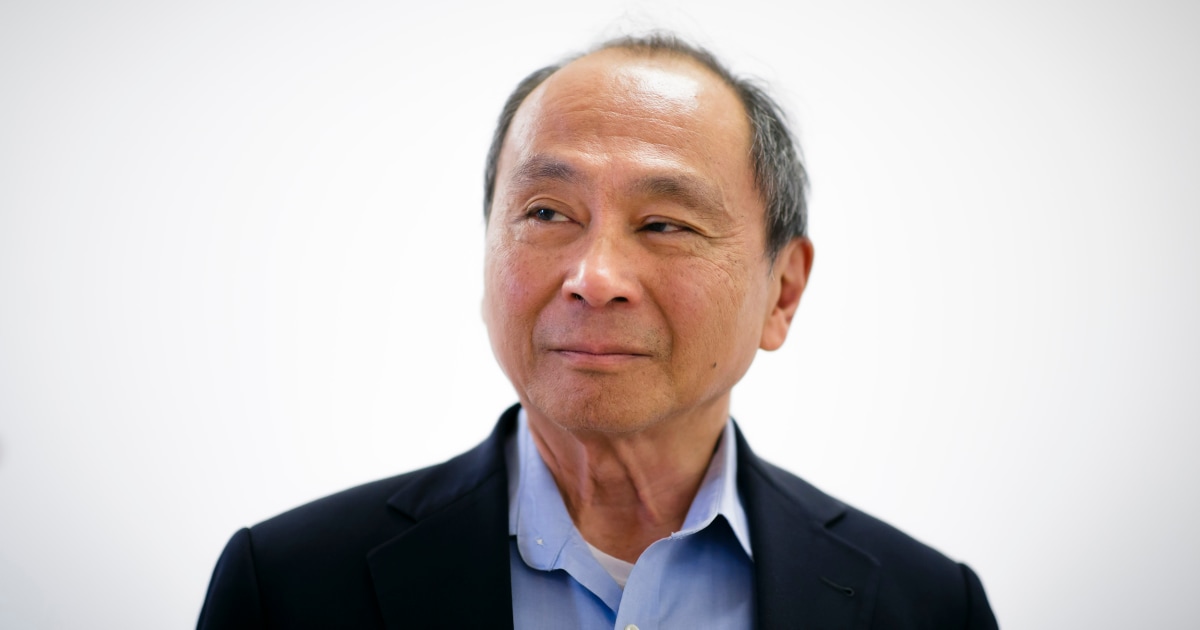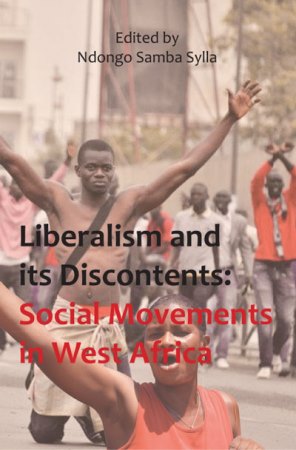

It’s countries like the United States and India - the world’s two largest democracies. And it’s not small countries that are involved in this decline. If you look around the world, liberal democracy has been in decline pretty steadily for the last 16 years. Well, I think we’re in a big political crisis. As always, there’s much more in the full podcast, so listen and follow Vox Conversations on Apple Podcasts, Google Podcasts, Spotify, Stitcher, or wherever you listen to podcasts.ĭo you think we’re in a genuine political crisis? Francis Fukuyama We discuss the promise of liberalism, whether he thinks it’s failing, and if there’s anything he’d like to revise about his end of history thesis.īelow is an excerpt, edited for length and clarity. I reached out to Fukuyama for a recent episode of Vox Conversations. The upshot: It’s not clear that liberal democracy really is the end of history. Fukuyama writes about some very current challenges, like the American right’s move toward authoritarianism, and the resurgence of nationalism around the world. It does a great job of cataloging the problems of liberalism, but also argues that liberalism is still the best option there is. It’s both a defense of liberalism and a critique of it.

Now, 30 years later, Fukuyama’s written a new book called Liberalism and its Discontents. But what Fukuyama meant by declaring it “the end of history” was that it was only a matter of time. Not every society around the world was a liberal democracy. Fukuyama’s central claim was that liberal democracy had won the war of ideas and established itself as the ideal political system. He’s best known for his 1992 book The End of History and the Last Man, which arrived on the scene as the Cold War was ending. Francis Fukuyama is easily one of the most influential political thinkers of the last several decades.


 0 kommentar(er)
0 kommentar(er)
